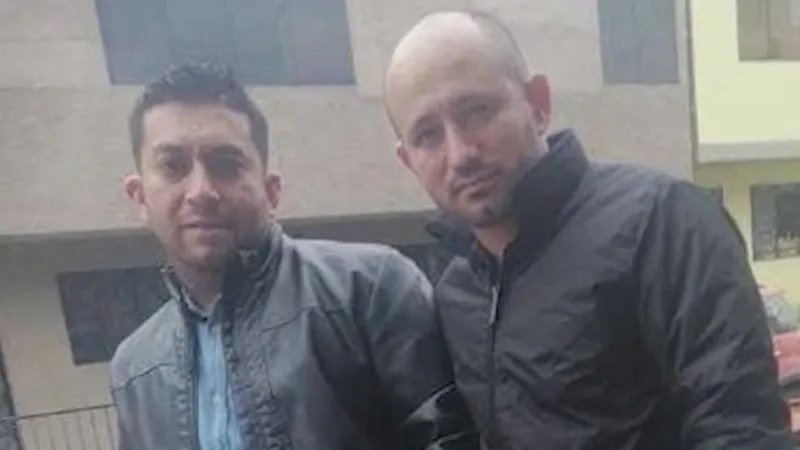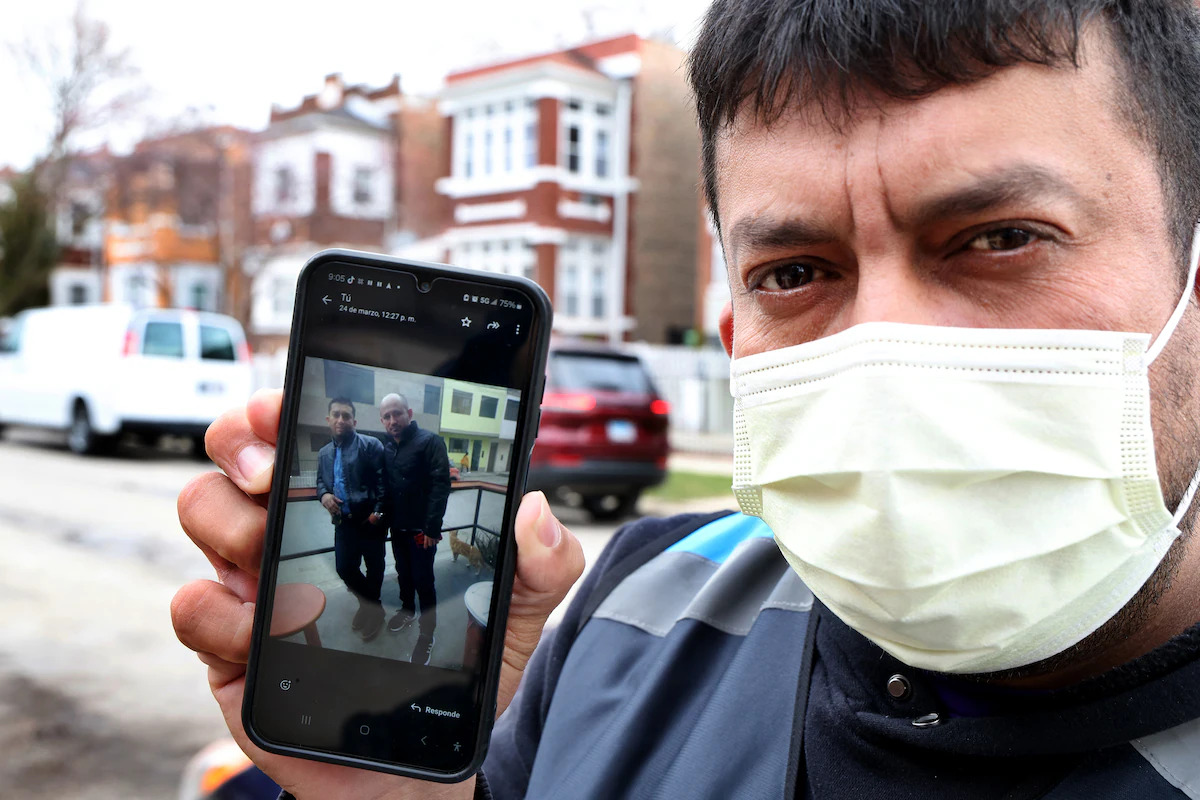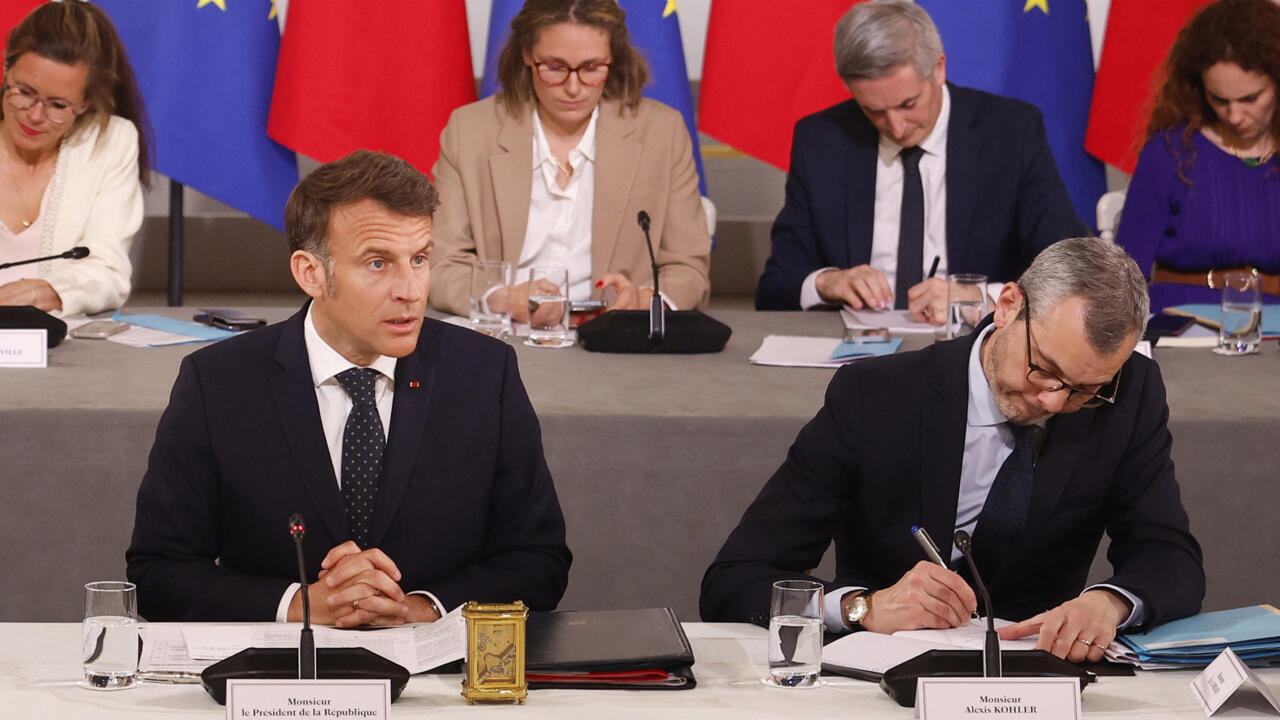In a heartwarming turn of events, José Gregorio González, a Venezuelan man detained by U.S. immigration authorities last month, is set to be temporarily released from detention to donate a kidney to his ailing brother.
González, who had been held at the Clay County Detention Center in Indiana, could be released as soon as Friday, according to a spokesperson for The Resurrection Project, a Chicago-based nonprofit representing the family.
The decision comes after community members rallied behind González and his brother, José Alfredo Pacheco, organizing vigils and petitions demanding González’s release on humanitarian grounds.
Eréndira Rendón, the chief program officer for The Resurrection Project, called the development a victory for “humanity and compassion,” highlighting the humanitarian aspect of the case.
“This recognizes that our fundamental human rights transcend immigration status,” Rendón said. “We are grateful to everyone who stood with the González family.”
José Gregorio González, 43, entered the U.S. from Venezuela last year to be with his brother, who was diagnosed with end-stage renal disease in December 2023.
Related Articles

READ ALSO: Family Sues Planet Fitness After Husband Dies from Heart Attack Outside Gym
Since then, González had been caring for Pacheco, 37, as he undergoes regular dialysis. Pacheco’s medical condition made him an ideal candidate for a kidney transplant, and González is the only suitable living donor.
Despite his immigration status, González was granted a temporary reprieve from deportation, allowing him to proceed with the life-saving donation.
His brother’s doctors confirmed that, even if the brothers’ blood types were incompatible, González could still participate in a paired kidney exchange, potentially saving both Pacheco’s life and the life of another recipient.
Pacheco, who has been undergoing dialysis three times a week, faces a long wait for a kidney transplant, with doctors estimating a five-year wait for a “cadaver kidney.”
Without González’s donation, the situation would be even more dire, as dialysis patients face high mortality rates while waiting for a transplant.
This case has drawn attention to the intersection of immigration policy and health care needs, and the decision to release González temporarily is seen as a step toward balancing both humanitarian concerns and legal processes.















